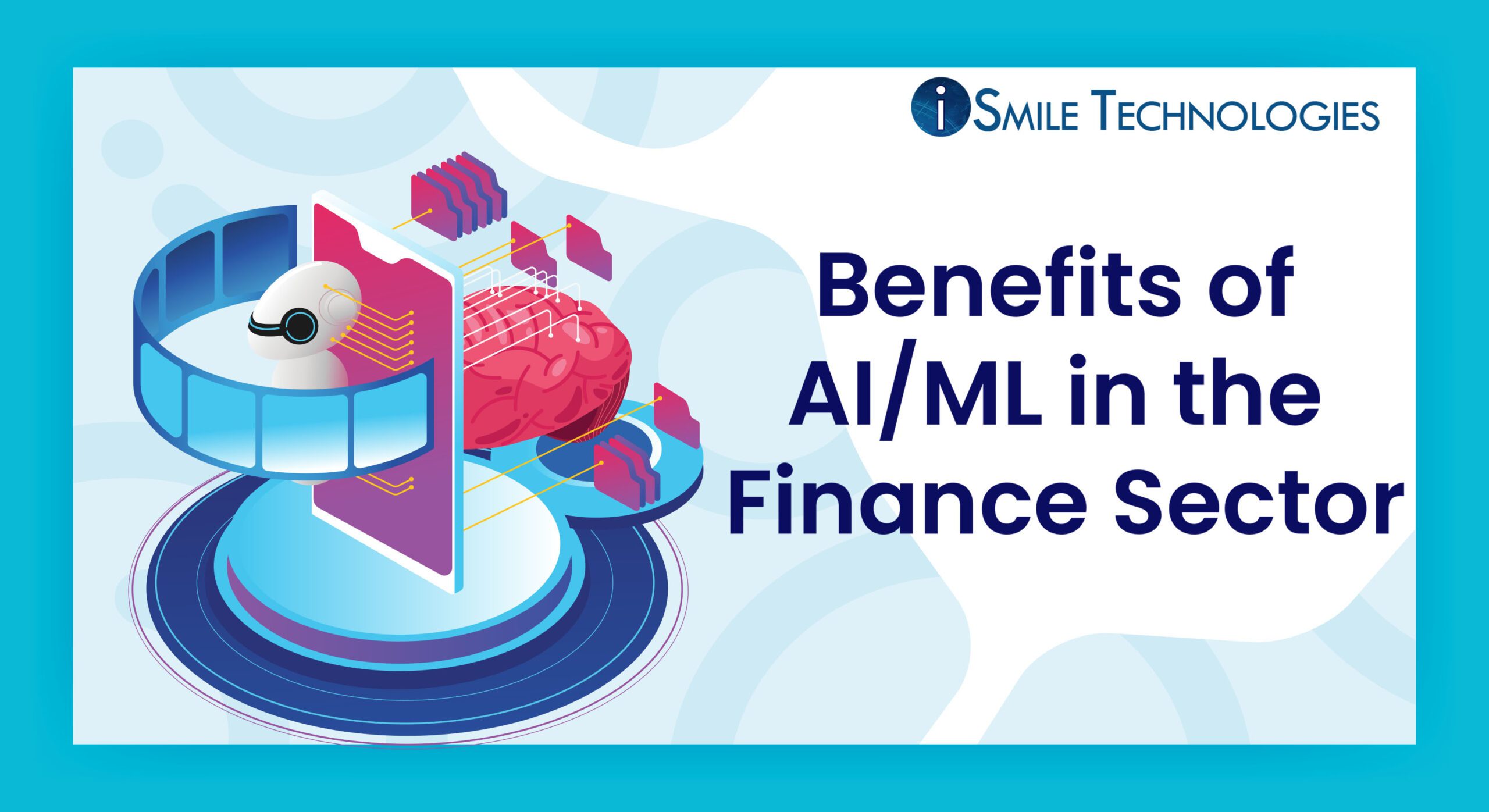New development avenues in FinTech are created by artificial intelligence and machine learning.
For both customers and FinTech firms, the use of artificial intelligence (AI) and machine learning (ML) is altering the face of the financial services sector.
54% of Financial services firms with more than 5,000 workers have embraced AI. According to the research, according to an Economist Intelligence Unit adoption study, AI-related investments are expected to increase by 86% by 2025.
Difference between AI and ML:
However, even though Artificial Intelligence and Machine Learning are sometimes used interchangeably, these are two distinct concepts.
When computers tackle issues formerly handled by humans, they use artificial intelligence (AI). With numerous uses in today’s culture, it is an umbrella word for machines that can imitate human intellect; this includes machine learning (ML).
Data-driven machine learning (ML) applies artificial intelligence (AI) that gives systems the capacity to automatically learn from data and improve based on experience without being explicitly programmed. We gain Insights via the use of ML to produce, manage, and make sense of data.
Benefits of AI/ML in the Finance Sector:
Finance may benefit from AI and machine learning in several ways. Because they do not rely entirely on human labor, AI/ML-based companies can process vast volumes of data while improving workflows and minimizing fraud. Listed below are a few instances of how Machine Learning gets utilized to improve financial service.
Less Preferences:
Humans are predisposed to prejudice by nature. Depending on their age, gender, and ethnicity, they may unconsciously utilize facts a certain way or form intuitive judgments about other individuals. Most of the time, AI is going to be less prejudiced than humans. In other words, AI is not objective. Algorithms will produce limited choices when taught on data that is systematically skew. AI may enhance fairness, while ML and human intelligence can minimize prejudice, but organizations must keep updated on the latest developments. When it comes to loan servicing and assessing an acceptable credit level, this might be incredibly beneficial.
Less time taking:
Compared to manual procedures, AI/ML is more efficient since models get updated in real-time, or perhaps in near-real-time. An automated decision-making system can anticipate the behavior of millions of users in seconds when a model uses as part of it—manually managing prediction models by humans who make the same judgments would cost too much to create the same processing power. When making complicated financial decisions, this advantage can be quite helpful.
Cost effective:
For example, predictive algorithms can make judgments faster and more efficiently than human specialists, reducing costs. Since AI/ML algorithms do updates instead of human beings, AI/ML is generally less expensive to install than its human equivalents. If you hire highly qualified human specialists, the upfront investment and upkeep expenditures are little compared with that.
Increase Scalability:
As a result, AI/ML can handle enormous collections of micro-segments. When organizations use artificial intelligence to split apart huge consumer groups, they can connect with customers in more individualized and tailored ways, a process known as micro-segmentation. As a result of micro-segmentation, conversion rates and targeting are more likely to be successful.
Increase customer engagement:
AI may get used to understanding the consumer better, allowing for real-time decision-making and predictive analysis. If you are looking to tailor your customer’s experience and increase income, using product recommendation engines is a great way to do it! Artificial intelligence (AI) is used to propose products to consumers based on a variety of criteria, including prior behaviors and in-session behaviors together with product economics and behaviors and preferences of other users.
More fraud prevention:
As global fraud grows, banks are unable to keep up with the pace of change. AI/ML does not solve these challenges, but they can allow models to decrease false alarms and uncover patterns of fraudulent transactions that people might miss. AI/ML can also drastically reduce the number of fraudulent cases that need to be examined by human specialists. The algorithms may correctly classify a greater volume of cases before creating a list of instances “too close to call” for expert assessment. As a result, consumers enjoy a better level of financial stability.
Fewer credit risks:
Customer service professionals can quickly analyze a user’s credit risk and tailor an offer accordingly using a predictive AI system. Credit risk evaluation is accelerated, increasing the efficiency of offerings.
These are only a few of the advantages of implementing AI/ML in the workplace. The use of AI/ML may complement manual decision-making and human knowledge when utilized appropriately. AI/ML will impact businesses for years to come. Let us face it; these technologies are less about replacing humans and more about offering human employees technology that helps them do their jobs better.
How to implement AI/ML in business:
It may be difficult for organizations to deploy AI, from picking the right AI-powered product to setting up the necessary data inputs and procedures. A grasp of AI knowledge is required, along with its advantages and different applications. With AI/ML, you can take your business to the next level by working with an expert who knows how to create and integrate a plan that best matches your needs.
If you are interested in how AI/ML may benefit your business, contact us at iSmile Technologies. It may seem like a big task, but it is easier than you think to deploy Artificial Intelligence (AI) with our experts.
iSmile technologies offers free consultation with an expert, Grab your chance now!








